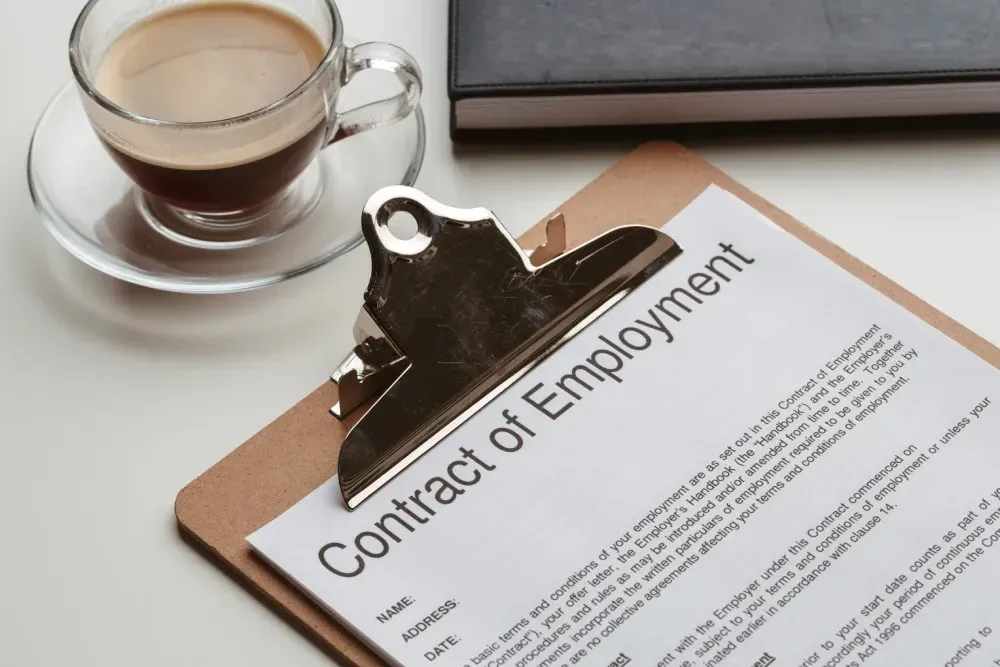Understanding Wrongful Termination in California: What Are Your Employee Rights?
When an employer dismisses an employee for reasons violating federal or state laws, it is known as wrongful termination. Some unlawful reasons employers often terminate include discrimination based on disability, age, or pregnancy. If you believe you have been wrongfully terminated, you may have legal grounds to file a lawsuit against your former employer. Under California labor law, the termination of an employee for fulfilling a legal duty or exercising a legally protected right is known as wrongful termination in violation of public policy. This blog discusses wrongful termination and what options you may have if you believe you have been wrongfully terminated in California.
What Do I Need To Prove?
In order to pursue a wrongful dismissal claim, the terminated employee needs to prove that their employer fired them in violation of public policy or California labor laws. This means that for an employee to have grounds for a wrongful termination lawsuit, they are required to demonstrate the specific way their boss has broken the law by firing them. However, since most people accept employment “at will,” it can be difficult to prove. “At will” employment means that you have the ability to quit your job for any reason at any time - and thus also may face termination for any reason at any time. Employers are free to fire employees as long as they are not in violation of certain employee rights laws.
California Wrongful Termination Explained
California is an “at will” state, meaning that if there is not a specific contract in place, the employee or the employer have the option to terminate the work relationship for any reason, at any time. While the situations that make a firing unlawful are much narrower than most workers expect, they still occur. Below we break down some common grounds for illegal termination in California:
- Breach of Contract: If someone is working under an employment contract stipulating when and how they can be fired, and the employer does not terminate them in a manner that fits the agreement’s description of “good cause.”
- Breach of Covenant of Good Faith and Fair Dealing: There is an implied covenant of good faith and fair dealing with all legal contracts. Employers owe their employees a basic obligation to allow them to accomplish their duties. Forms of obstruction or interference may be potential breaches of the covenant.
- Retaliation of Complaints of Sexual Harassment: Workplace sexual harassment is an illegal form of employment discrimination. Under California law, your employer is required to maintain a work environment free of sexual harassment. You also have a legal right to report them if they fail to do so. If your employer fires you for complaining about or reporting sexual harassment, they are breaking the law, and it could be grounds for an unlawful termination suit.
Contact Us Today
The reasons outlined above are only a few common grounds for wrongful termination. If you believe you have been wrongfully terminated by your employer and wish to pursue legal action, it is important to have an experienced workers’ rights attorney on your side. Call the
Law Office of Ball & Yorke to consult with one of California’s top workers’ rights attorneys today.











